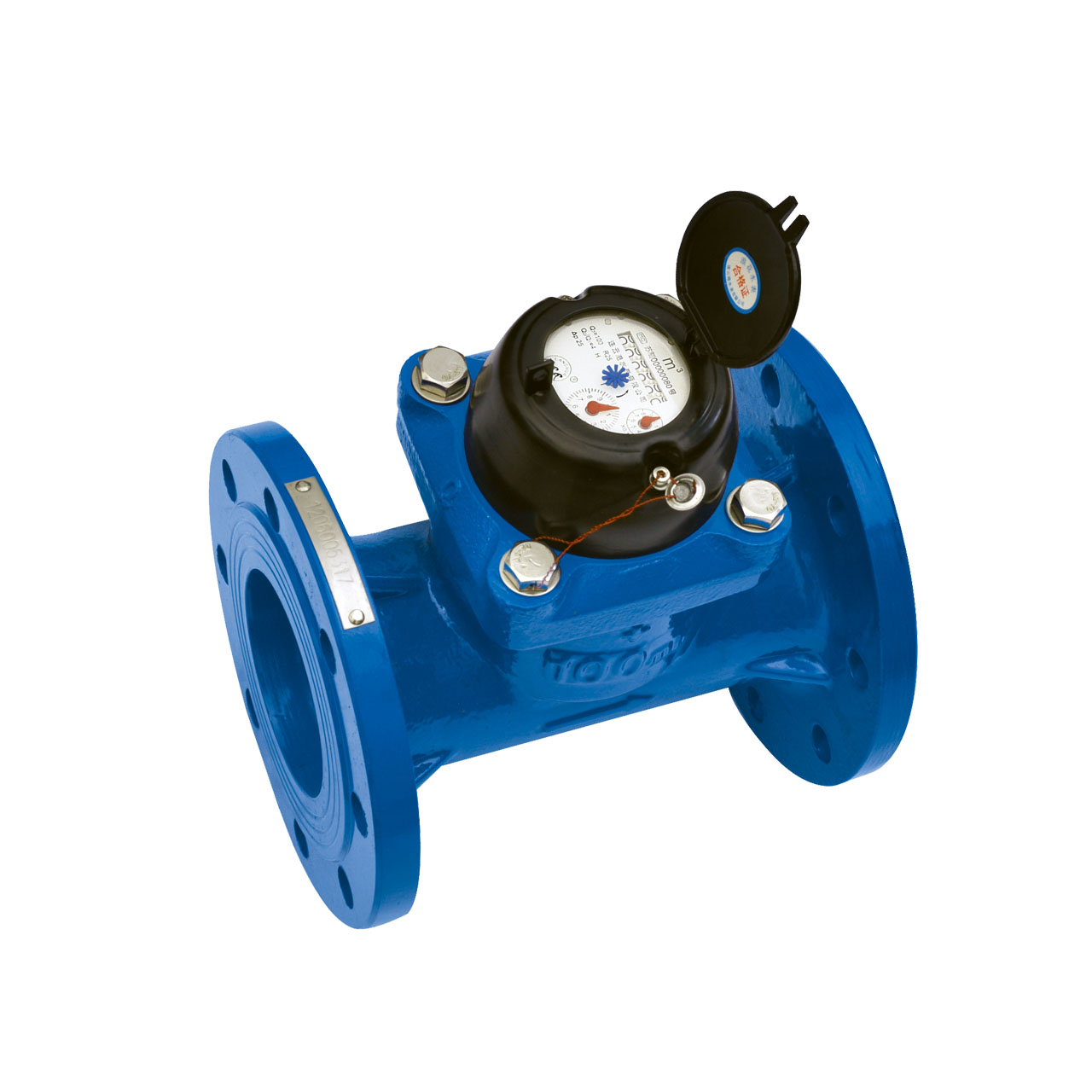In recent years, water and gas companies around the world have begun to invest heavily in battery-powered wireless automatic meter reading (AMR) networks in order to achieve long-term benefits, including reducing the human cost of manual meter reading, more rapid and reliable meter reading and enhancing data acquisition and communication capabilities.
One of the important issues to be addressed is to accurately determine the expected operating life of these systems, and managers should avoid large-scale planning replacement after the battery reaches the operating life. The cost of replacing batteries across the system frequently may make it untenable to say that setting up an AMR network can save money.
The Springfield Water and Sewerage Commission (WSC) of the United States just installed about 44,000 AMR meters a few years ago, and is now beginning to replace about 4,000 meters a year, with an estimated total cost of $92 million. Aware that 44,000 water meters could not be replaced at one time, WSC decided to use its manpower to carry out a planned active water meter installation project. For some, this is a waste, but not for WSC members, who think that swift replacement of AMR tables across the system may lead to "chaotic results".
Springfield WSC could have avoided these problems if reliable data were available on the battery's operating status near its operating life. The answer to this challenge lies in the selection of a new generation of long-lived lithium batteries, which can provide an indication of the end of life. The scheme gives warning when the primary lithium battery starts to fail, so that the battery can be fully used in the life period, and the operation continuity can be maintained by replacing the battery with a plan.
AMR tables with Pulses Plus batteries can be programmed to read the life stop instructions and transmit them through AMR network, warning managers one or two years before the battery life stops. This information enables AMR tables to work longer hours during each battery replacement, then reduce long-term protection costs and improve system reliability.
If Springfield WSC had asked its AMR to choose batteries with life stop indication, it would have achieved a higher return on investment, and the long-term reliability of its AMR/AMI network would be more reassuring.
